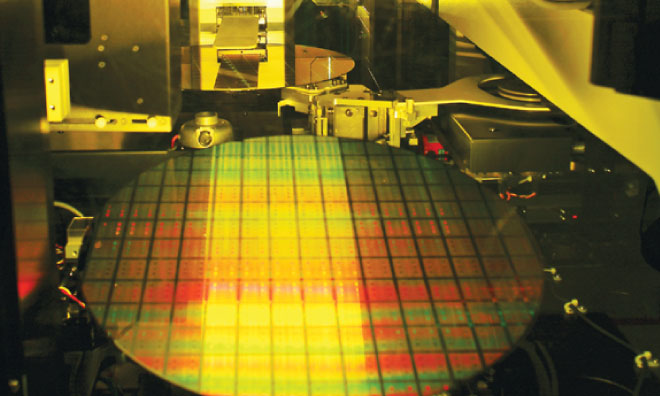Lobbying by Apple and other companies has proven successful, as the US Senate has approved $52 billion in funding to boost US chip production. The move comes as a part of an effort to address the global chip shortage.
The US Innovation and Competition Act provides almost $250B in funding for US manufacturing. $52 billion of that is specifically allocated to chip fabrication. The bill must still pass in the house.
Bloomberg reports:
The Senate overwhelmingly passed an expansive bill to invest almost $250 billion in bolstering U.S. manufacturing and technology to meet the economic and strategic challenge from China […]
“When all is said and done, the bill will go down as one of the most important things this chamber has done in a very long time,” Senate Majority Leader Chuck Schumer said on the Senate floor ahead of the vote. “Whoever wins the race to the technologies of the future is going to the be global economic leader — with profound consequences for foreign policy and national security as well”
[…]
Despite the broad support in the Senate and an endorsement from President Joe Biden’s administration, the bill’s fate in the House is uncertain. House leaders haven’t publicly committed to acting on the Senate bill or set out a course of action beyond the House Science Committee considering its own plan for revamping the National Science Foundation.
As you might imagine, the Chinese government is less than pleased about the situation.
Chinese lawmakers urged Congress to “immediately stop” progress on the bill, the official Xinhua News Agency reported Wednesday, citing a statement from a National People’s Congress committee that handles foreign affairs.
The bill “smears China’s development path and domestic and foreign policies,” the statement said, and “interferes in China’s internal affairs under the banner of innovation and competition.”
The global chip shortage has led to US automotive plants standing idle and has threatened Apple’s Mac and iPad production.
(Via 9to5Mac)


